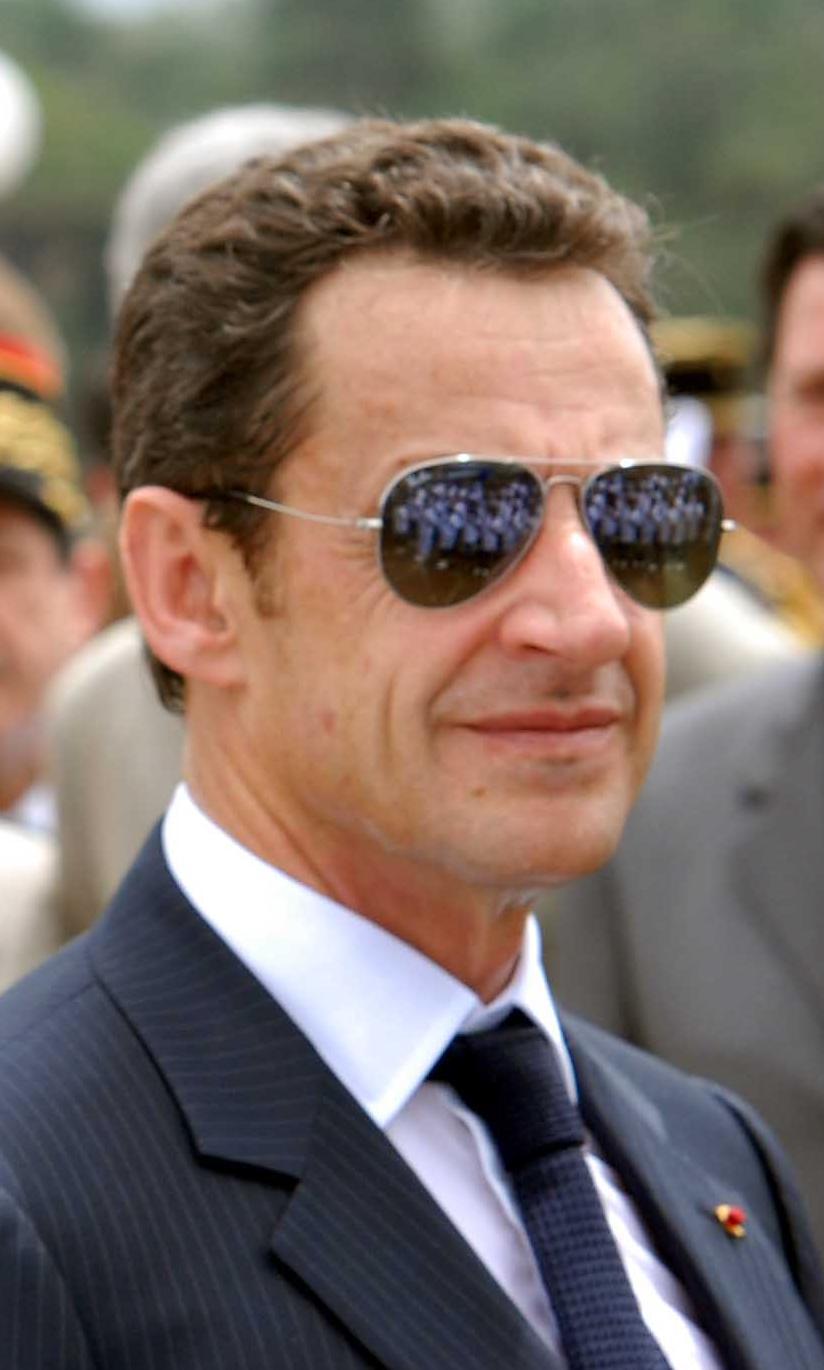Greece’s woe continues.
On Tuesday last week, the European Commission said 20 member states must pay back a total of €346.5 million in “unduly spent” farm subsidies. Member states failed to apply proper financial controls and permitted ineligible expenditures.
Greece and Poland account for more than half that sum.
Cash-strapped Athens must pay back €132.6 million – most of which went to cotton farmers who were “overshooting” quotas. Brussels also identified “severe and persistent weaknesses” in Greece’s rural development measures.
Meanwhile, the commission will seek to claw back €92 million from Poland for “acceptance of ineligible land for payments” and “insufficient” checks in regions with high error rates.… Read the rest

